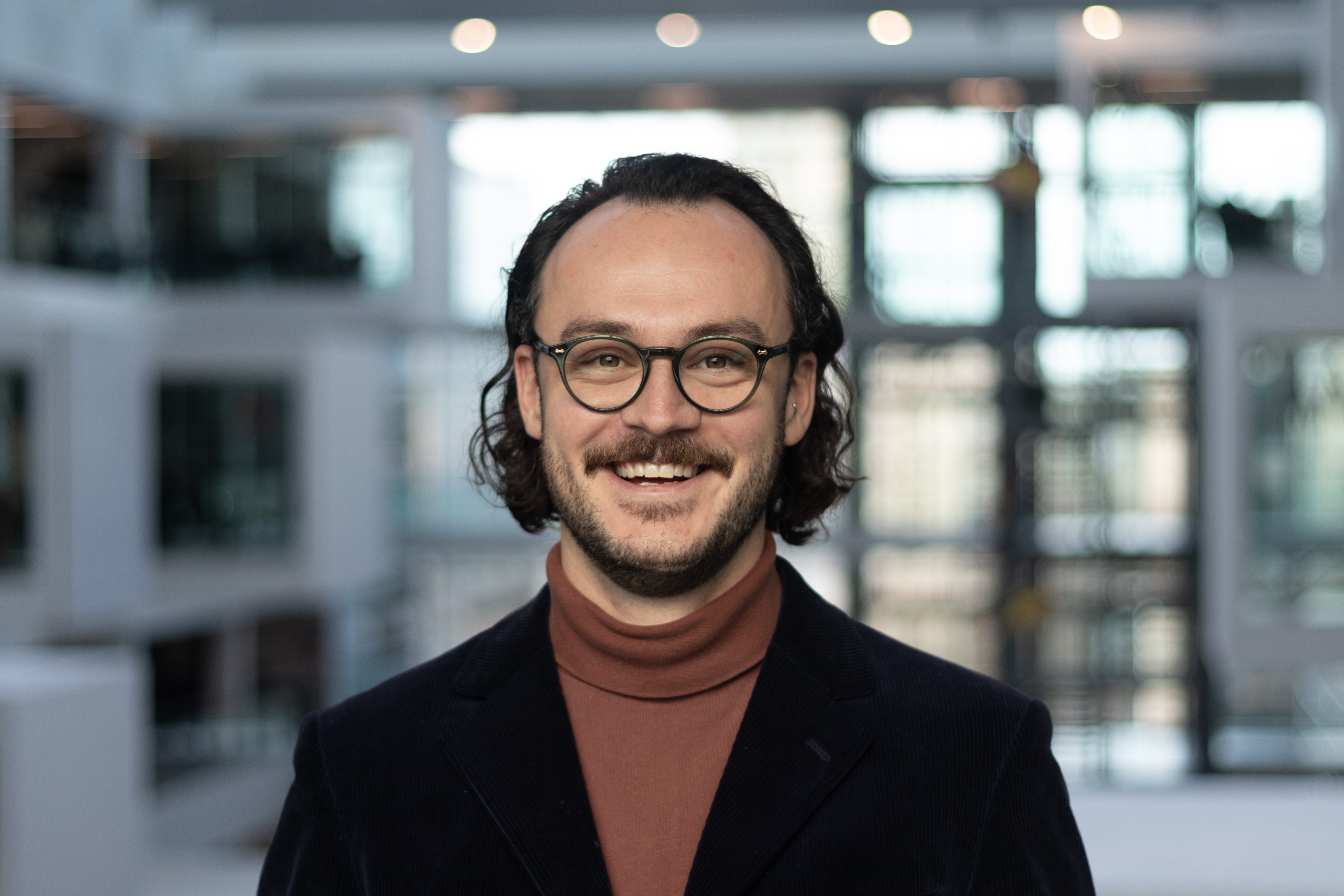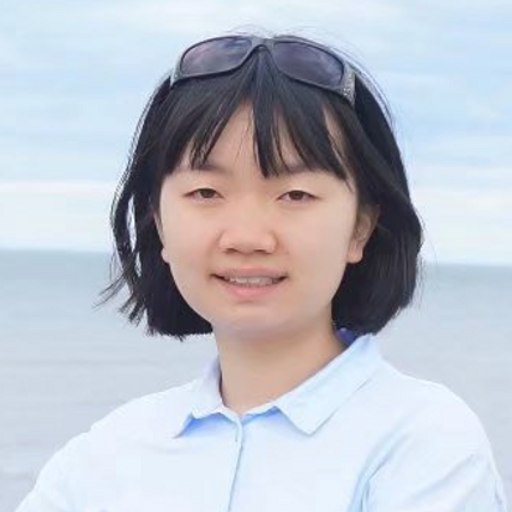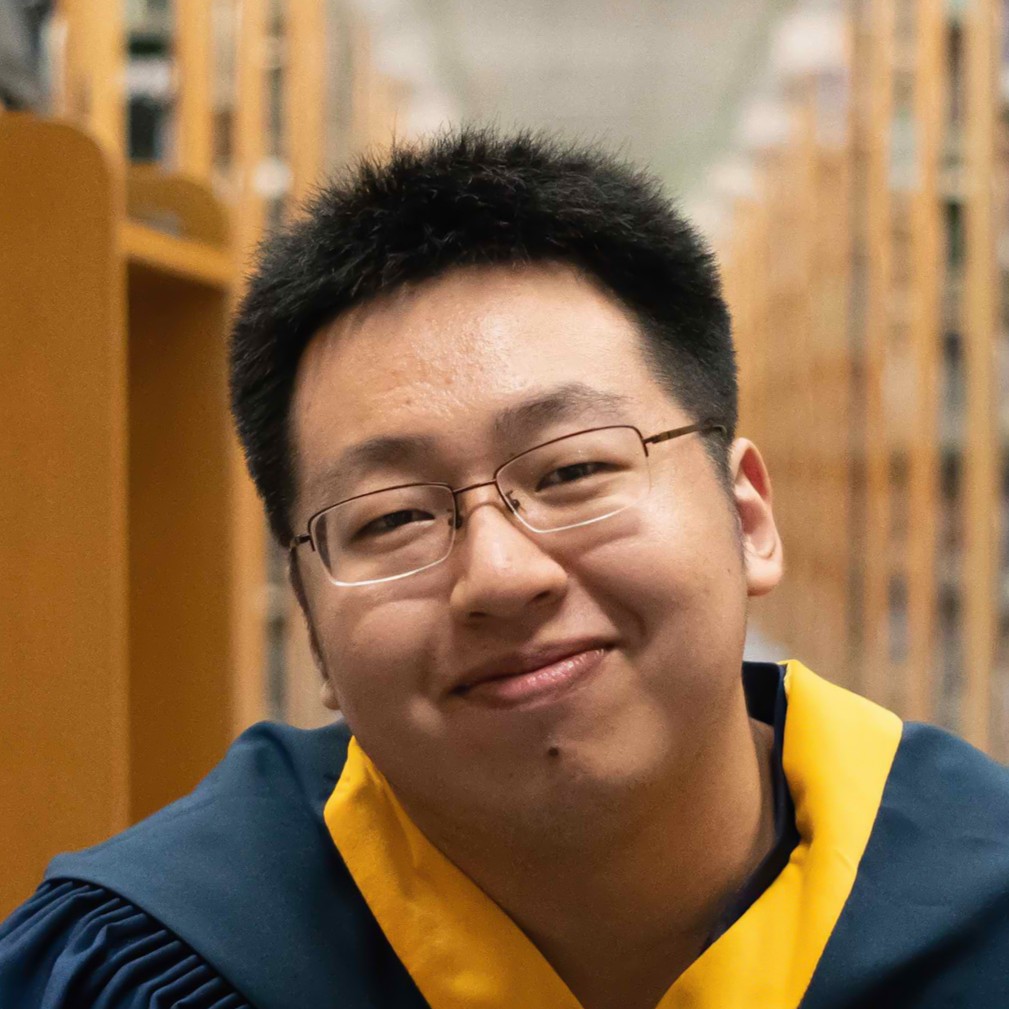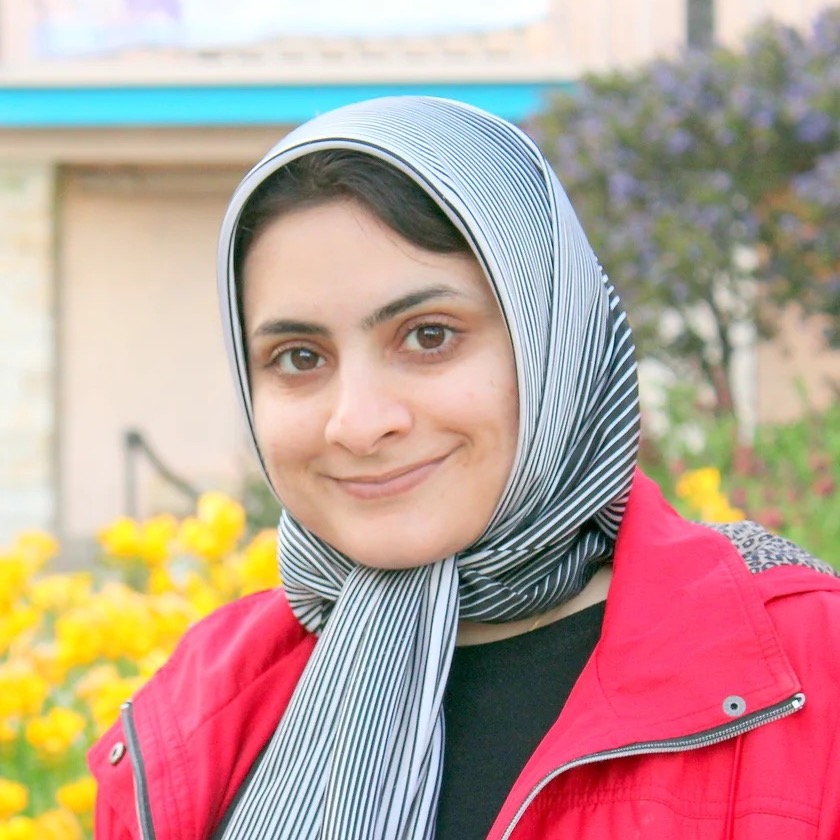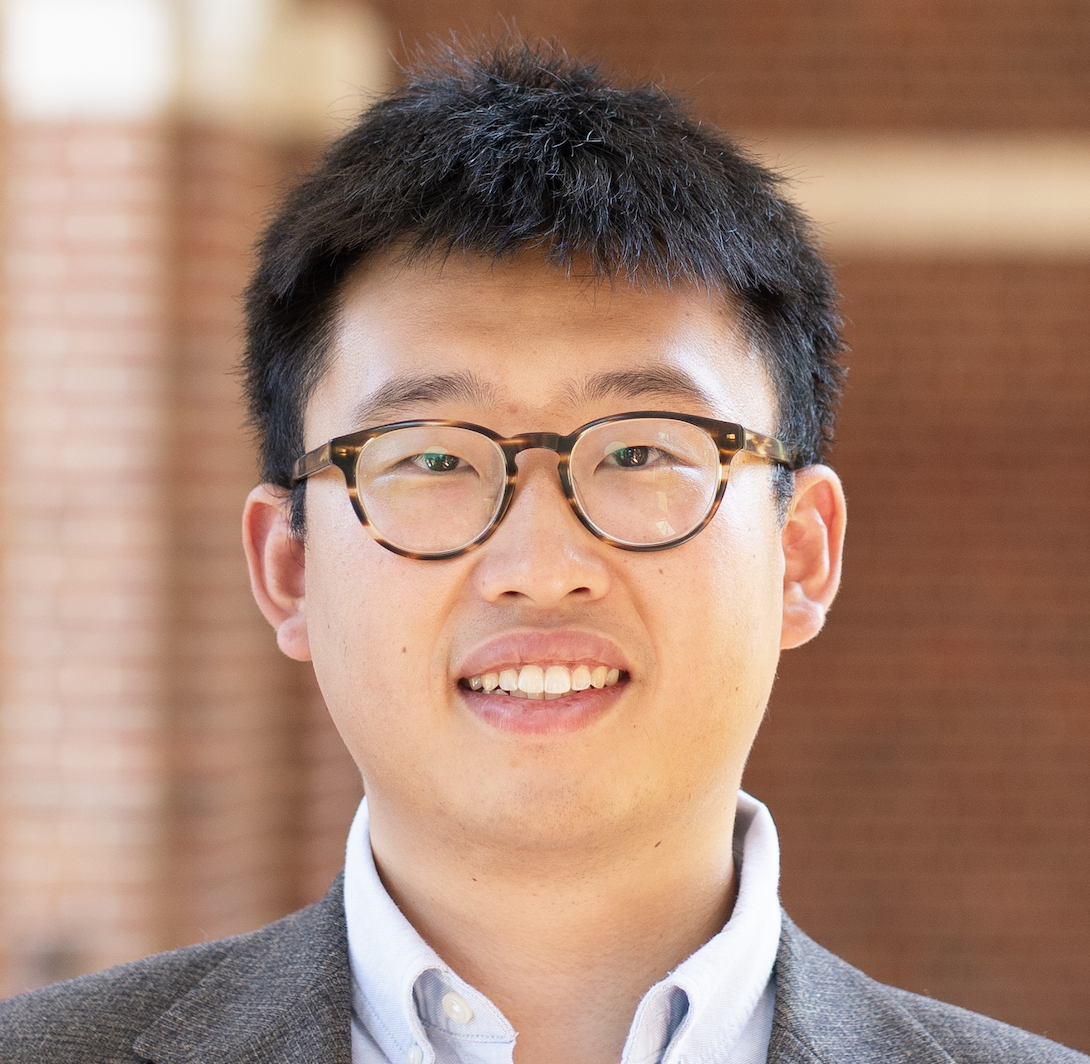We welcome participants working on human-centered evaluation and auditing of language models. Topics of interest include, but are not limited to:
- Empirical understanding of stakeholders' needs and goals in LLM evaluation and auditing
- Human-centered evaluation and auditing methods for LLMs
- Tools, processes, and guidelines for LLM evaluation and auditing
- Discussion of regulatory measures and public policies for LLM auditing
- Ethics in LLM evaluation and auditing
Special Theme: AI Agents-in-the-Loop. We invite papers engaging with this year's theme, including:
- Task allocation and workflow integration between human evaluators and AI agents
- Impact of hybrid human-AI approaches on vulnerability discovery
- Meta-evaluation frameworks for assessing trustworthiness of AI agents as auditing tools
- Methodologies for evaluating complex agent behaviors (multi-step reasoning, tool use, emergent patterns)
- Design patterns and safeguards for maintaining human oversight in automated evaluation
- Empirical studies of agent-assisted evaluation in practice
Submission Format: 2-6 pages ACM double-column, excluding references.
Submission Types: Position papers, full or in-progress empirical studies, literature reviews, system demos, method descriptions, or encore of published work (non-archival).
Review Process: Double-blind (except encore submissions). Papers will be selected based on the quality of the submission and diversity of perspectives to allow for a meaningful exchange of knowledge between a broad range of stakeholders.
Templates: [Word] [LaTeX] [Overleaf]
Notes:
- We encourage authors who submit also to help with the review process.
- For an encore submission, you do not need to anonymize the submission. Encore submissions will go through a jury review process.
- Please use \documentclass[sigconf,anonymous]{acmart} for submission.
- Please be aware of OpenReview's moderation policy for newly created profiles: new profiles created without an institutional email will go through a moderation process that can take up to two weeks, while new profiles created with an institutional email will be activated automatically.
→ Submit Your Paper
